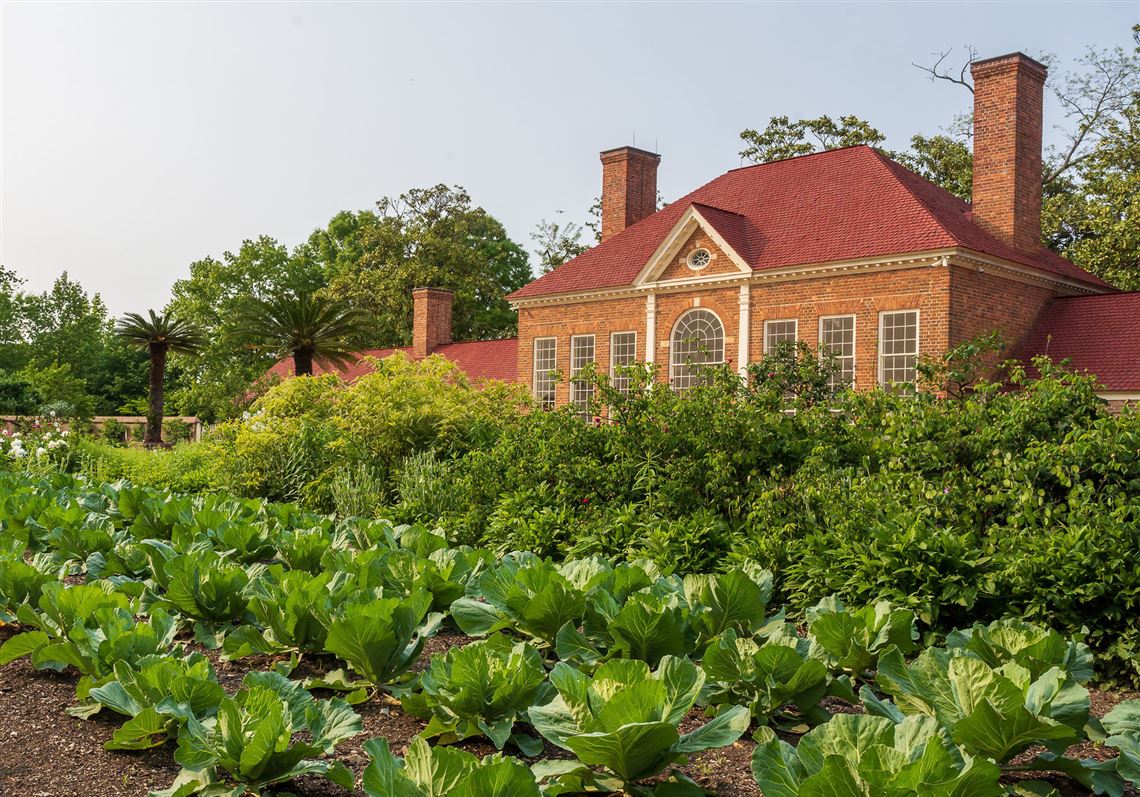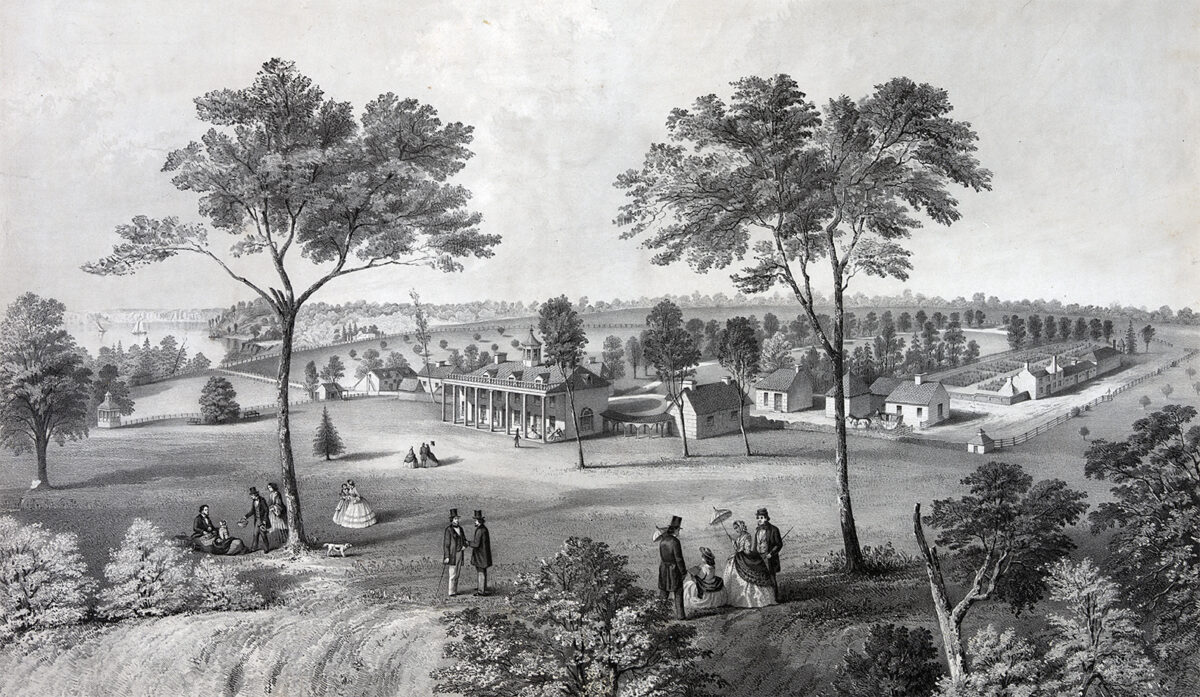When most people think of George Washington, they likely envision him as the first president of the United States, a leader during the American Revolution, or a Founding Father who shaped the nation. However, what often gets overlooked was Washington’s deep passion for agriculture and his role as a pioneer in American farming practices. He was not only a soldier and statesman, but also a visionary agriculturalist whose contributions to farming have left an enduring legacy.

Photo: https://www.mountvernon.org/the-estate-gardens/gardens-landscapes/four-gardens-at-mount-vernon <---more--->
The Early Days of Washington’s Agricultural Interests
George Washington’s love for the land began at a young age. Born into a wealthy Virginia family in 1732, Washington inherited the family estate, Mount Vernon, when he was just 22 years old. As a young landowner, he was acutely aware of the challenges facing the American colonies. Most of the economy was still agrarian, and tobacco was the primary cash crop. However, Washington knew that tobacco was an exhausting crop that depleted the soil, and he sought innovative solutions to improve agricultural practices.
A Progressive Approach to Farming
As a leader, Washington understood the importance of innovation and education. He was one of the first American farmers to adopt and promote new agricultural techniques, and he took a progressive approach by collaborating with agricultural experts. Washington regularly corresponded with other farmers and agricultural scientists, sharing ideas and learning from their experiences. He also closely followed agricultural literature, staying informed about the latest advancements in farming methods.
Innovation at Mount Vernon
One of Washington’s most significant contributions to agriculture was his commitment to scientific farming. At Mount Vernon, he embraced a wide range of methods that were revolutionary for his time. He introduced crop rotation, which helped restore nutrients to the soil and reduce the risk of nutrient depletion. This was a novel approach in an era when farmers often grew the same crops year after year, leading to soil erosion and declining yields.
Washington also experimented with planting new crops, such as wheat, rye, and oats, in an effort to diversify his farm’s production. He promoted the idea of planting different crops, in addition to crop rotation, to improve the overall health and sustainability of the land.

Photo: https://www.post-gazette.com/life/garden/2023/06/09/george-washington-mount-vernon-vegeta/stories/202306010155
Mount Vernon: A Model of Agricultural Excellence
Under Washington’s leadership, Mount Vernon became a model of agricultural excellence. He made the estate a showcase of sustainable farming, with thriving crops, livestock, and orchards, with about 3,000 acres slated specifically for farming. Washington was careful to balance the productivity of his land with its preservation for future generations. He even began experimenting with fish ponds and encouraged the cultivation of native crops, such as corn, to better suit the local environment.
In fact, Mount Vernon became a burgeoning educational center for agriculturalists. Visitors from all over the country were drawn to Washington’s estate to observe his farming practices. His success in implementing new techniques and improving yields served as an inspiration for other landowners and farmers across the country.
The Legacy of Washington’s Agricultural Vision
While George Washington’s presidency is often celebrated for his leadership during the nation’s formative years, his contributions to agriculture should not be underestimated. He advocated for policies that would support the agricultural industry and helped shape a new approach to farming in the United States, one that embraced sustainability, innovation, and the integration of scientific methods. His vision for agriculture as the foundation of a strong, independent nation laid the groundwork for the future of American farming.
Today, Mount Vernon stands as a testament to Washington’s agricultural legacy. Visitors can still explore the grounds and learn about the farming practices he championed, like crop rotation. Washington’s work reminds us of the vital connection between the land and the prosperity of the nation—a vision that continues to resonate in the agricultural practices of today.

Photo: https://www.historynet.com/george-washington-patriot-president-planter-and-purveyor-of-distilled-spirits-2/







 The most valuable asset to any farmer is their soil. Cover cropping can help speed up your soils recovery and health. Investing in your soil through cover cropping can increase yields, cut costs of fertilizer and herbicides, and create living soil for future generations.
The most valuable asset to any farmer is their soil. Cover cropping can help speed up your soils recovery and health. Investing in your soil through cover cropping can increase yields, cut costs of fertilizer and herbicides, and create living soil for future generations.
